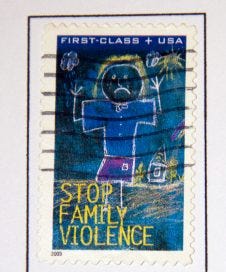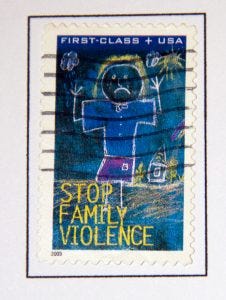Worth and Dignity of Abusers
Belief in worth and dignity of others is more about how I will behave than it is about what quality exists in the other.
I am often asked how I can have faith in the inherent worth and dignity of every human being. If someone abuses you or others repeatedly, seriously, are they still persons of worth?
Here’s my quick summary of conclusions I’ve come to, over many years of thinking about these questions.
Believing in the inherent worth and dignity of someone does NOT mean that you can’t be angry when someone’s wronged you.
Belief in worth and dignity does NOT mean that you have to forgive in the absence of changed behavior. You may need, at some point, to decide to give up anger and even hatred for the sake of your own emotional health, even in the absence of changed behavior — but I think that’s different from forgiveness, which requires some remorse and a choice to change and often, also, to make proportional amends, on the part of the person who hurt you.
When someone’s being abusive, the belief in inherent worth and dignity even in that person is what makes me decide not to treat the person purely vengefully but only in proportion to the wrong. Thus, the person can be held accountable including according to our legal system — though I prefer that restorative justice be used — but responding in kind with abuse or torture would be out of line.
Belief in worth and dignity of others is far more about how I will behave than it is about what quality exists in the other. Even abusers are human beings, and if we treat them as subhuman, it’s my belief that diminishes us more than it punishes them. But giving consequences to others for harmful behavior, and establishing boundaries that protect, is not to treat someone as subhuman.
The belief in worth and dignity is also what makes me look at an abuser and realize that they were not born to be an abuser. Something in their life trained them that abuse was an acceptable problem-solving technique, and that the worth and dignity of others doesn’t have to be respected. Does this excuse abuse? Not at all. But it does mean that I pay special attention to the next generation and help them, where I can, grow up with different expectations and different treatment.
There is good and the potential for good in everyone, and there is always some chance, however tiny, that someone who is now abusing others may choose to change. But you have the right to protect yourself and to wait for significant change before trusting that the change is real and permanent.
You are not alone in trying to figure this out.





